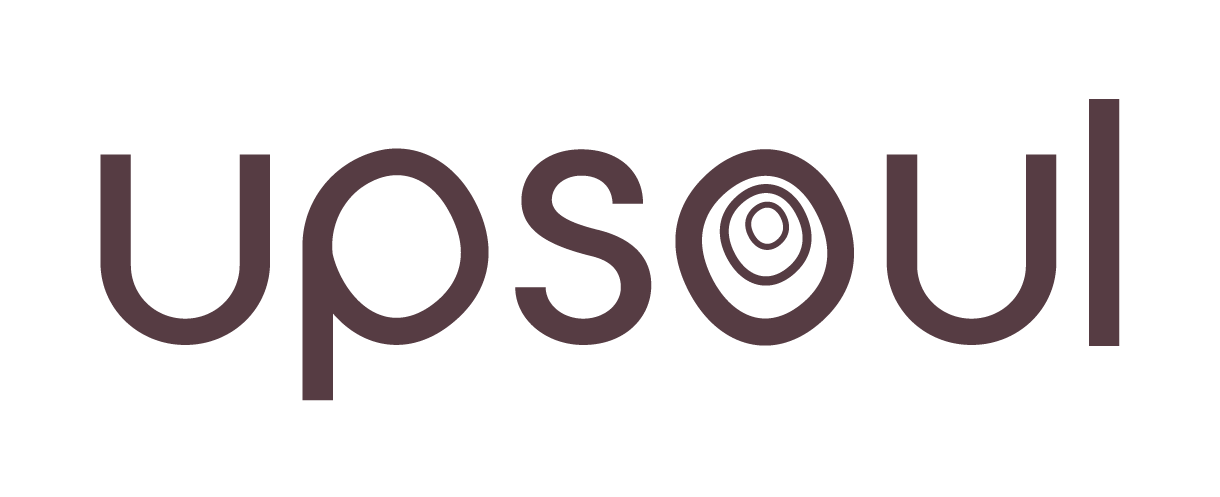
What is Reiki?
Reiki healing is a holistic, non-invasive healing practice based on the concept that there is a universal life force energy that flows through all living beings, and when this energy becomes blocked or imbalanced, it can lead to physical, emotional, and spiritual ailments. Reiki practitioners channel this healing energy through their hands and direct it towards the recipient, either through touch or from a distance.
Reiki Benefits
One of the primary benefits of Reiki healing is its ability to promote relaxation and reduce stress. By encouraging a deep state of relaxation, Reiki helps the body's natural healing mechanisms to kick in, allowing for physical and emotional healing to take place. Many people find Reiki to be a deeply soothing and calming experience, which can help alleviate symptoms of anxiety, depression, and insomnia.
Reiki is known to help with pain management. It can be used as a complementary therapy alongside conventional medical treatments to alleviate pain associated with various conditions, such as chronic pain, migraines, and arthritis. Reiki may also boost the immune system, improve energy levels, and enhance overall well-being.
Another significant benefit of Reiki is its capacity to balance and harmonize the body's energy centers, known as chakras. When these energy centers are balanced, it can lead to improved mental clarity, emotional stability, and a heightened sense of purpose and spiritual connection. This can be particularly valuable for individuals seeking personal growth, self-awareness, and spiritual development.
-
Many individuals find Reiki sessions to be relaxing and stress-reducing. The gentle touch and energy flow during a session can help promote a sense of calm and relaxation.
-
People often report that Reiki has helped alleviate chronic pain conditions, such as migraines, arthritis, and back pain. It is believed to stimulate the body's natural healing mechanisms.
-
Reiki may assist in improving sleep patterns and aiding in insomnia relief. By promoting relaxation and reducing stress, it can contribute to better sleep quality.
-
Reiki practitioners often assert that the therapy can help balance emotions and reduce symptoms of anxiety and depression. It is thought to clear energy blockages that may contribute to emotional distress.
-
Research suggests that it can boost energy levels by clearing stagnant energy and promoting the flow of positive energy throughout the body.
-
Reiki can strengthen the immune system by restoring balance to the body's energy systems, potentially making the body better equipped to ward off illness.
-
Reiki sessions may help individuals experience mental clarity, improved concentration, and better decision-making by reducing mental clutter and stress.
-
Reiki is thought to accelerate the body's natural healing processes, which can be particularly beneficial for individuals recovering from surgery or illness.
-
During a Reiki session, people often report experiencing emotional release, which can help them let go of past traumas or negative emotions.
-
Reiki is often associated with spiritual growth and self-awareness. It can lead to a deeper understanding of oneself and one's place in the world.





